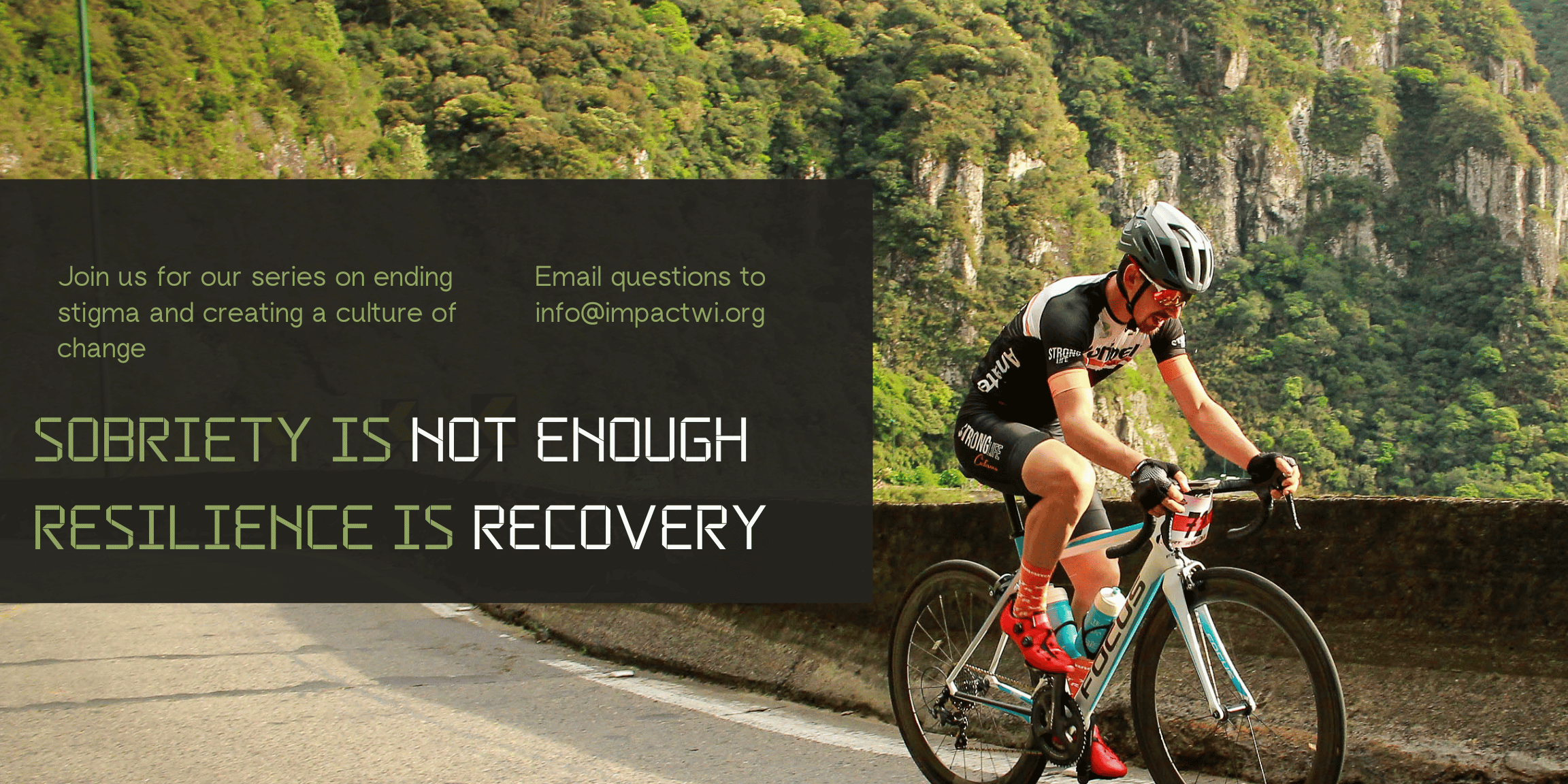
Sobriety is not a bad way to measure recovery. In fact, it is a very important measure of recovery. However, it is not the only measure of recovery. There are many other factors that can contribute to recovery, such as mental health, physical health, and social support.
Sobriety is important because it means that a person is no longer drinking or using drugs. This can be a very difficult thing to do, and it is important to recognize and celebrate successes in recovery. However, sobriety is not the only measure of recovery. There are many other things that can contribute to a person’s recovery, such as mental health, physical health, and social support.
Mental health is important because it can affect a person’s ability to cope with stress and temptation. It can also affect a person’s relationships and their ability to function in everyday life. Physical health is important because it can affect a person’s overall well-being. It can also affect a person’s ability to cope with the side effects of addiction treatment. Social support is important because it can provide a person with a sense of belonging and connection. It can also provide a person with a source of support and encouragement.
All of these factors can contribute to a person’s recovery. It is important to remember that recovery is a journey, and it is different for everyone. There is no one right way to recover. What is important is that a person is making progress and that they are finding what works for them.
Here are some tips for measuring recovery that include more than just sobriety:
- Track your mental health. Keep a journal or use an app to track your mood, anxiety, and stress levels. This will help you see how your mental health is changing over time.
- Track your physical health. Get regular check-ups with your doctor and dentist. This will help you stay on top of any health problems that may be related to your addiction.
- Track your social support. Keep a list of people who are supportive of you and who you can call on for help. This will help you feel connected and supported.
- Track your progress in recovery. Keep a list of things you have accomplished in your recovery, big and small. This will help you stay motivated and see how far you have come.
Remember, recovery is a journey. There will be ups and downs along the way. But if you are making progress and finding what works for you, you are on the right track.
Side Note: The Evolution of Mission
In early 2016, I found myself standing at the threshold of a revelation that would redefine my understanding of faith, leadership, and community service. My encounter with a church plant—Millcity Church in Wisconsin—opened my eyes to a world I hadn’t known existed. Up...
That Little Red Building
In June of 2023, as I stepped into the role of interim director at Mission of Hope in New London, WI, I was fueled by a mixture of excitement and a strong desire to serve my community in a new capacity. This opportunity presented itself as a promising endeavor while...
Leading Upside Down
As the founder of Impact Wisconsin, I embarked on a leadership journey that challenged conventional wisdom and transformed not only my approach to leadership but also the very foundation of our organization. At the inception of Impact, we stood at a crossroads,...
From Table to Delivery: Origins of Impact
In the metaphorical coldest winter of my life, amidst the stark challenges and the biting cold of uncertainty, a warm light began to flicker, heralding the dawn of a new chapter not just for me but for an entire community in need. This light was Impact Wisconsin, a...
The Tipping Point
At a pivotal church planters conference, amidst a sea of aspiring leaders and visionaries, I encountered a person who would forever change the trajectory of my professional and personal life. It was a meeting that began as a simple conversation but unfolded into a...
